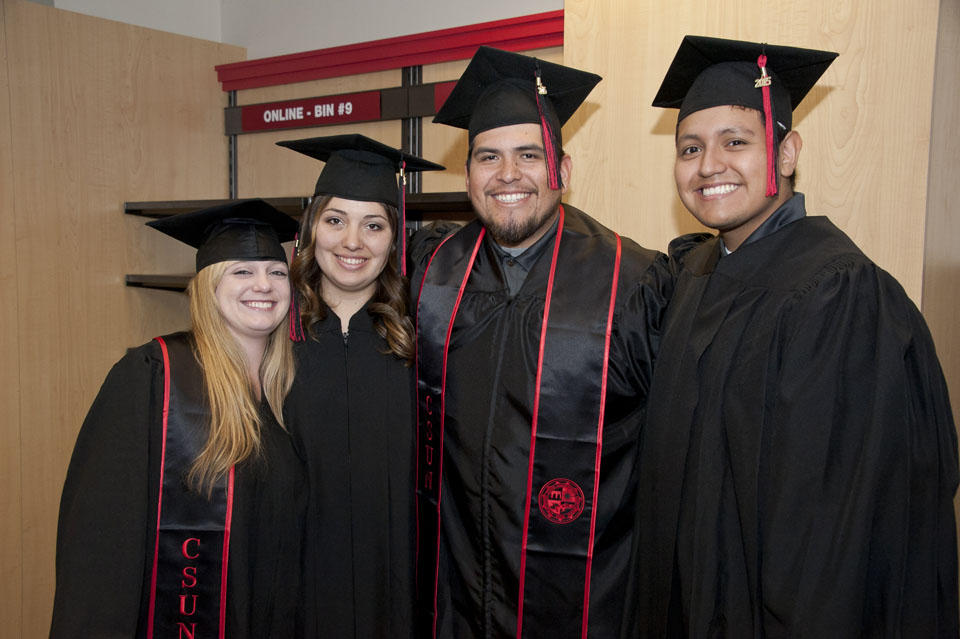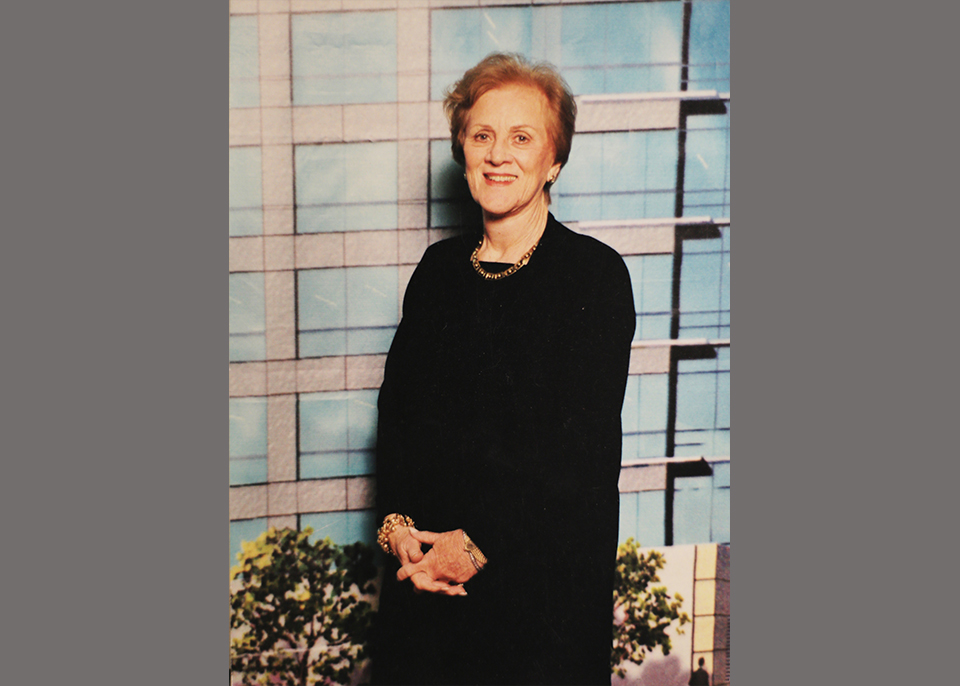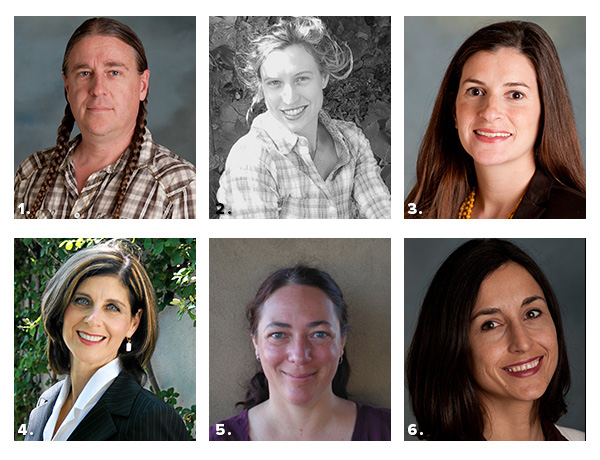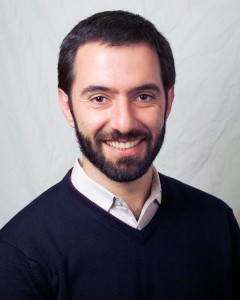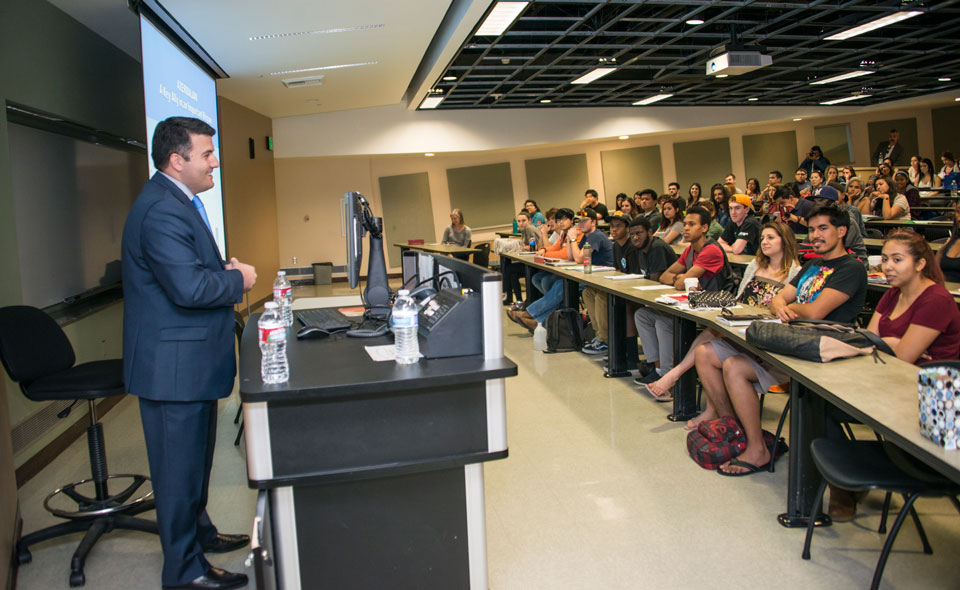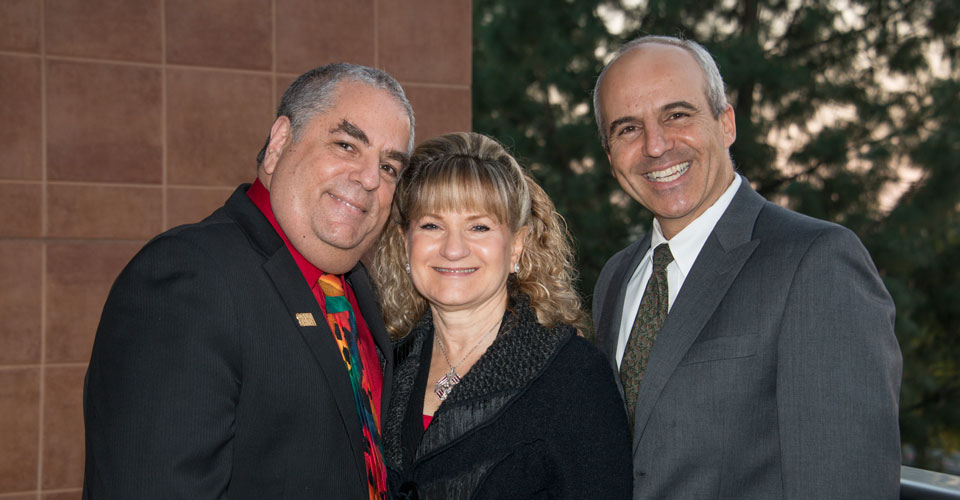

(L-R): Harvey and Harriet Bookstein and Rafi Efrat celebrate Efrat being named CSUN’s first Bookstein Chair in Taxation in the David Nazarian College of Business and Economics. Photo by Lee Choo.
California State University, Northridge honored accounting professor and institute director Rafi Efrat in January for his innovative leadership and expansion of the Bookstein Institute for Higher Education in Taxation. CSUN named Efrat ’89 (Accounting Theory and Practice) as the university’s first Bookstein Chair in Taxation in the David Nazarian College of Business and Economics. This is the college’s first endowed chair within the Department of Accounting and Information Systems.
Launched in 2005 with the support of an endowment created by philanthropist and longtime public accountant Harvey Bookstein ’70 (Business Administration) and his wife, Harriet, the institute assists about 130 low-income taxpayers each year to resolve their disputes with the IRS — free of charge. The institute’s clinic opened in 2008 and is the only one of its kind in Los Angeles County.
“I did this as a way to give back to the school, but I had no idea there would be someone of the caliber of Rafi — someone who would take it to a whole other level,” Harvey Bookstein said. “What Rafi has done for the school is beyond expectation. He’s got the IRS believing in the institute, and other CPA firms believing in it. His passion is demonstrated every day on campus.”
Harriet Bookstein, who also attended CSUN, echoed those sentiments. “Rafi has done an amazing job of bringing the institute to this point and should be recognized for it,” she said.
The clinic grew out of the institute’s master of science in taxation program, and many of the graduate students are supported by scholarships from the institute’s endowment. Students work as a team, studying federal tax procedures and meeting with clients on campus, as well as researching tax issues.
The federal government recognizes the clinic’s community service. The U.S. Department of the Treasury has supported the program with matching grants since its inception. It awarded $70,000 in matching funds in 2014. In September, the IRS honored the contributions of the Bookstein Institute, presenting Efrat with its Excellence in Partnering Award.
The institute aims to empower students to reach their potential in the field of taxation and to fill the unmet needs of the underprivileged in the community, said Efrat, who has taught at CSUN for 15 years and has led the institute since 2006. The ability to serve the community through hands-on learning and experience in technical areas is a win-win for CSUN students and Los Angeles, he said.
“I feel very strongly about the mission and the purpose behind the institute, and what we do here,” Efrat said. “I’m deeply honored to be the inaugural name holder of the chair for the institute. It characterizes the success that one of our own alumni has exhibited in professional life. Harvey is an example of the best of what our students do when they leave us. To be associated with his legacy is a great honor.”
In 2014, the California Society of Certified Public Accountants recognized Efrat with its Outstanding Educator Award. The university also has celebrated him for his leadership and dedication to students, honoring Efrat with accolades including the Distinguished Teaching Award, the Preeminent Publication Award, the Visionary Service Award and the Outstanding Service Award.
He mused that his work with the Bookstein Institute and the new title seem to bring things full circle: In his undergraduate days, Efrat worked as an intern at Bookstein’s accounting firm, RBZ.
Kenneth Lord, dean of the Nazarian College, praised Efrat as one of the leading scholars in his discipline.
“Rafi’s visionary leadership of the Bookstein Institute is a best practice in higher education in taxation and provides invaluable service to our students and the community,” Lord said. “I am thrilled that he is being recognized in this way through the generosity of CSUN’s dedicated alumnus and friend Harvey Bookstein.”
“Rafi makes our department and programs better, and impacts our students in a positive and significant way,” said Paul Lazarony, chair of the Department of Accounting and Information Systems.
The Bookstein Institute’s tax clinic is so popular that it has a waiting list, and most clients come to the program by referral from the IRS website or word of mouth. Graduate students also travel around Los Angeles presenting workshops in several languages. Popular topics include the earned-income tax credit and payroll tax FAQs for small-business owners. The students offer about 30 workshops each year, reaching about 700 Angelenos.
“Acknowledging Rafi’s great work in building the institute and the master’s in taxation more than warrants this chair and shows how important the Bookstein Institute is to the university — and there’s no one more deserving than Rafi,” said Matt Rinnert, senior director of development for the Nazarian College.
He also praised Bookstein’s engagement with CSUN students and commitment to give back to his alma mater. “As significant as this gift has been, what’s even more significant to the university has been the involvement of Harvey and Harriet with CSUN and their impact.”
Bookstein said Efrat’s bold leadership of the institute has given him high hopes that the program will continue to educate generations of future tax professionals and contribute even more to the community, especially with support and recognition from the IRS. Efrat echoed those hopes for the future.
“We’ve grown and established ourselves primarily in the San Fernando Valley, but there is clearly an unmet need beyond the immediate vicinity,” he said. “We hope to expand services so that we can serve other neighborhoods outside the San Fernando Valley, in the greater Los Angeles area.”
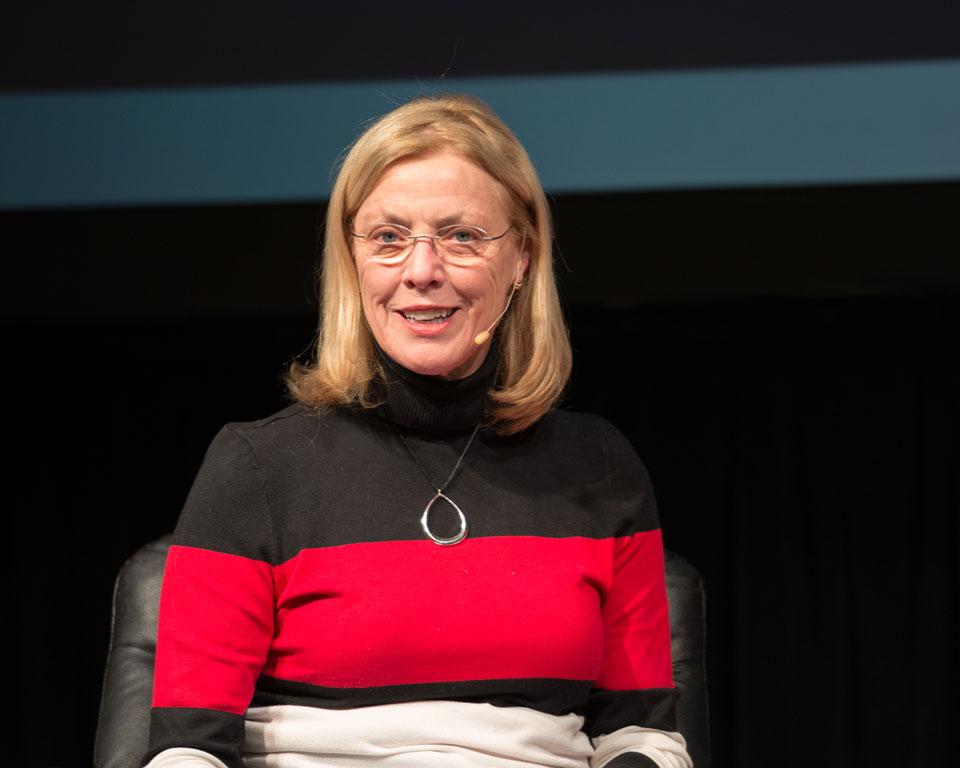


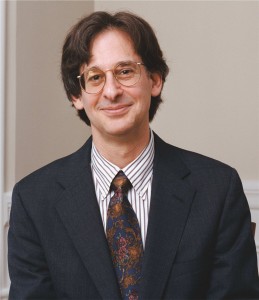 The third and last lecture in the series is scheduled to take place Thursday, March 12, from 7 to 8 p.m. in the University Student Union, located on the west side of the campus off Zelzah avenue. Alfie Kohn, who Time magazine called “perhaps the country’s most outspoken critic of education’s fixation on grades [and] test scores,” will lead a discussion titled “The (Progressive) Schools Our Children Deserve.”
The third and last lecture in the series is scheduled to take place Thursday, March 12, from 7 to 8 p.m. in the University Student Union, located on the west side of the campus off Zelzah avenue. Alfie Kohn, who Time magazine called “perhaps the country’s most outspoken critic of education’s fixation on grades [and] test scores,” will lead a discussion titled “The (Progressive) Schools Our Children Deserve.”


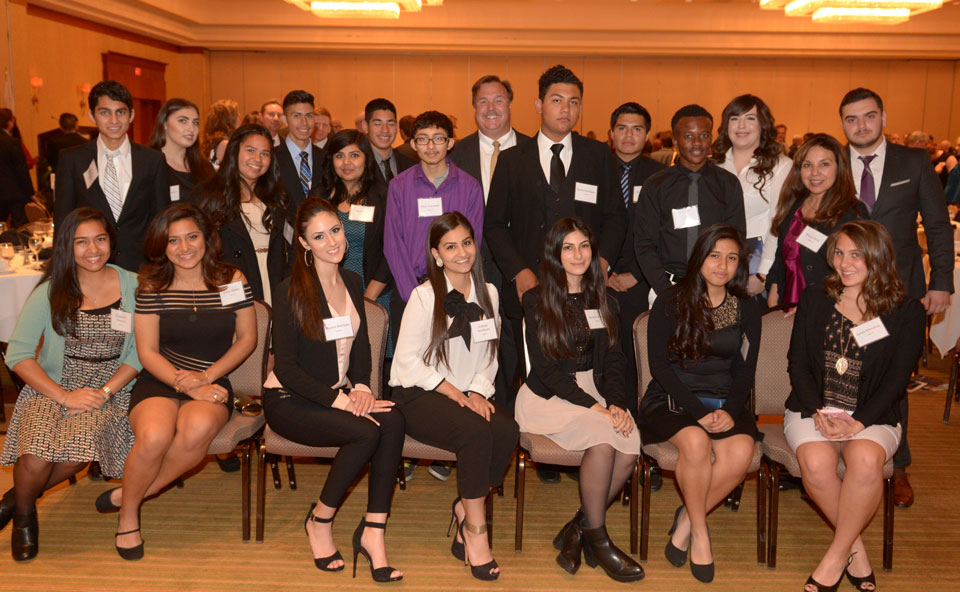



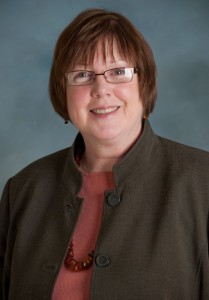

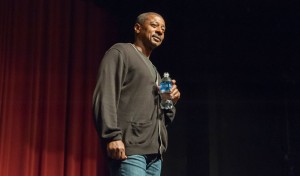
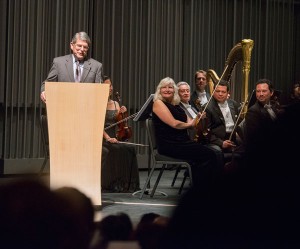

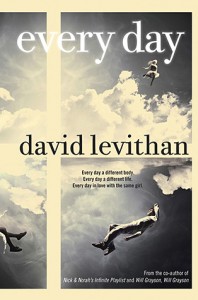 Can love truly conquer all? California State University, Northridge’s incoming freshmen this fall will have the opportunity to explore this question with the 2015-16 Freshman Common Reading selection “Every Day” by David Levithan.
Can love truly conquer all? California State University, Northridge’s incoming freshmen this fall will have the opportunity to explore this question with the 2015-16 Freshman Common Reading selection “Every Day” by David Levithan.